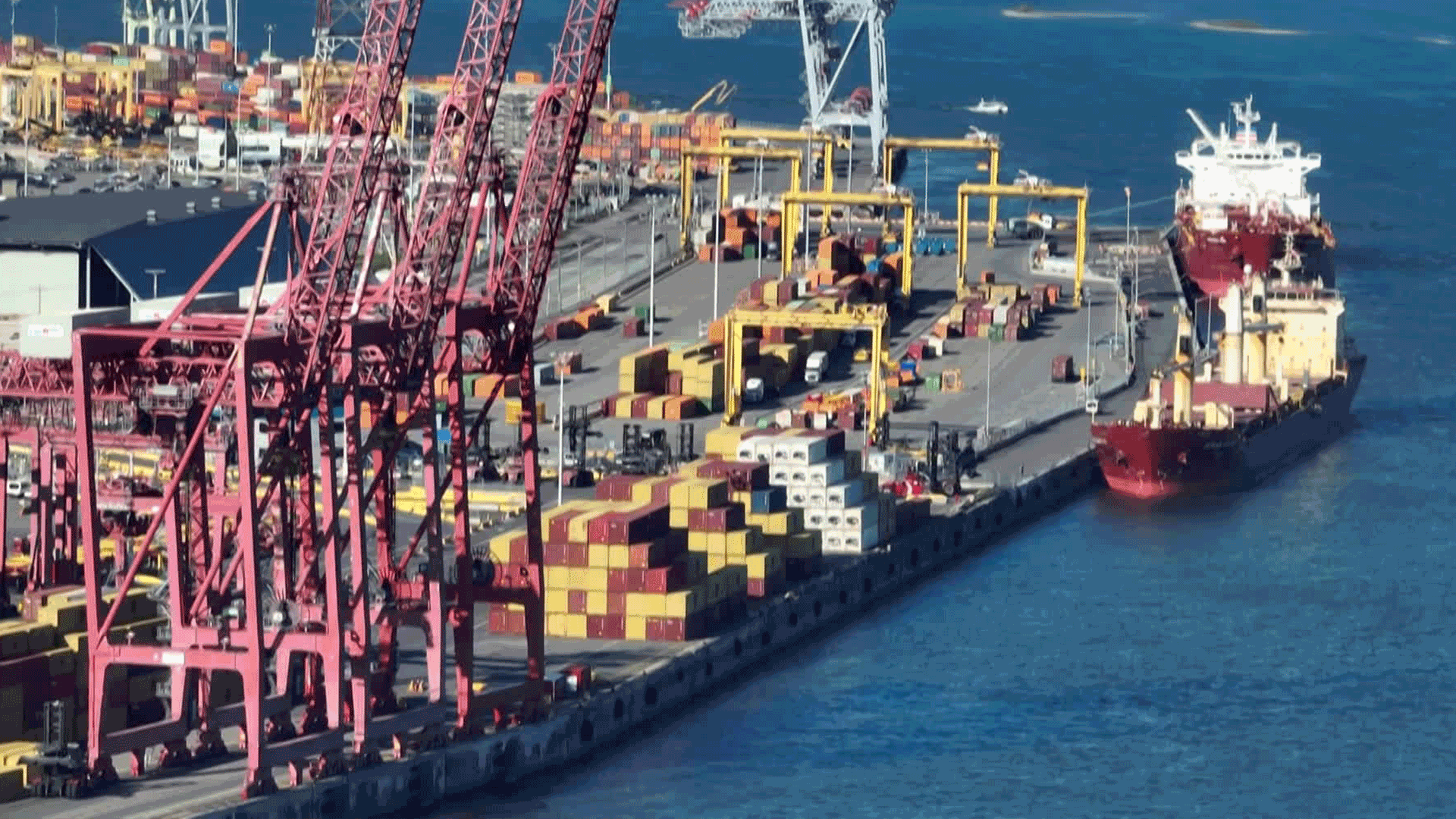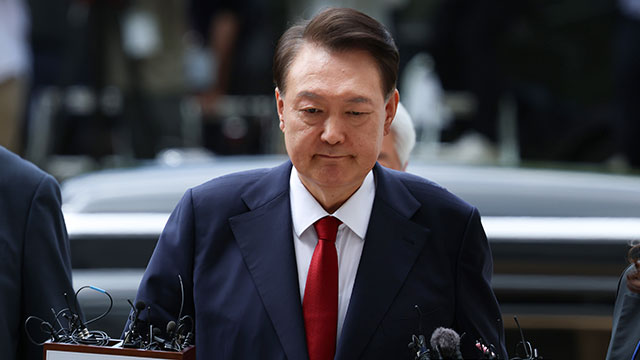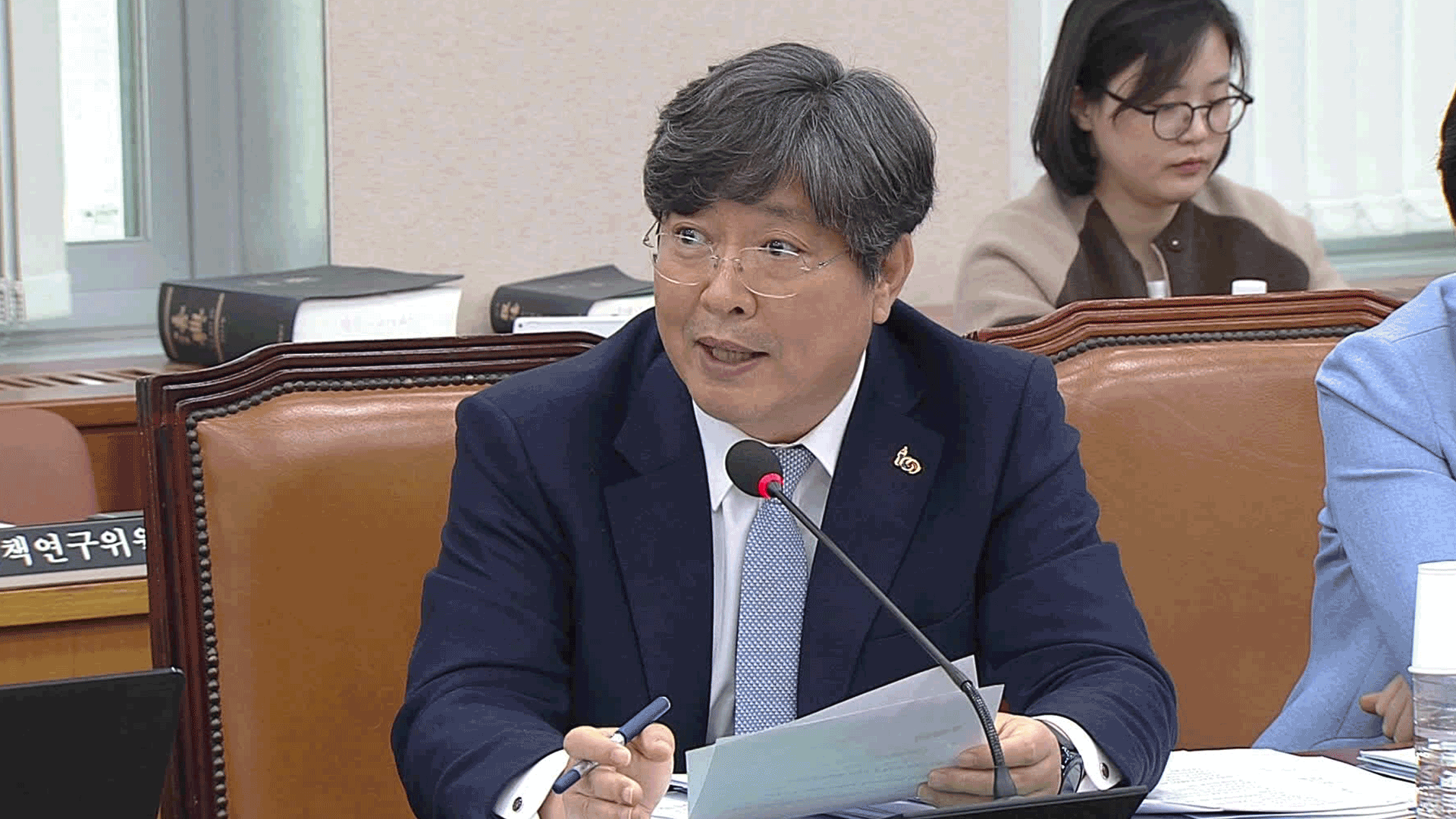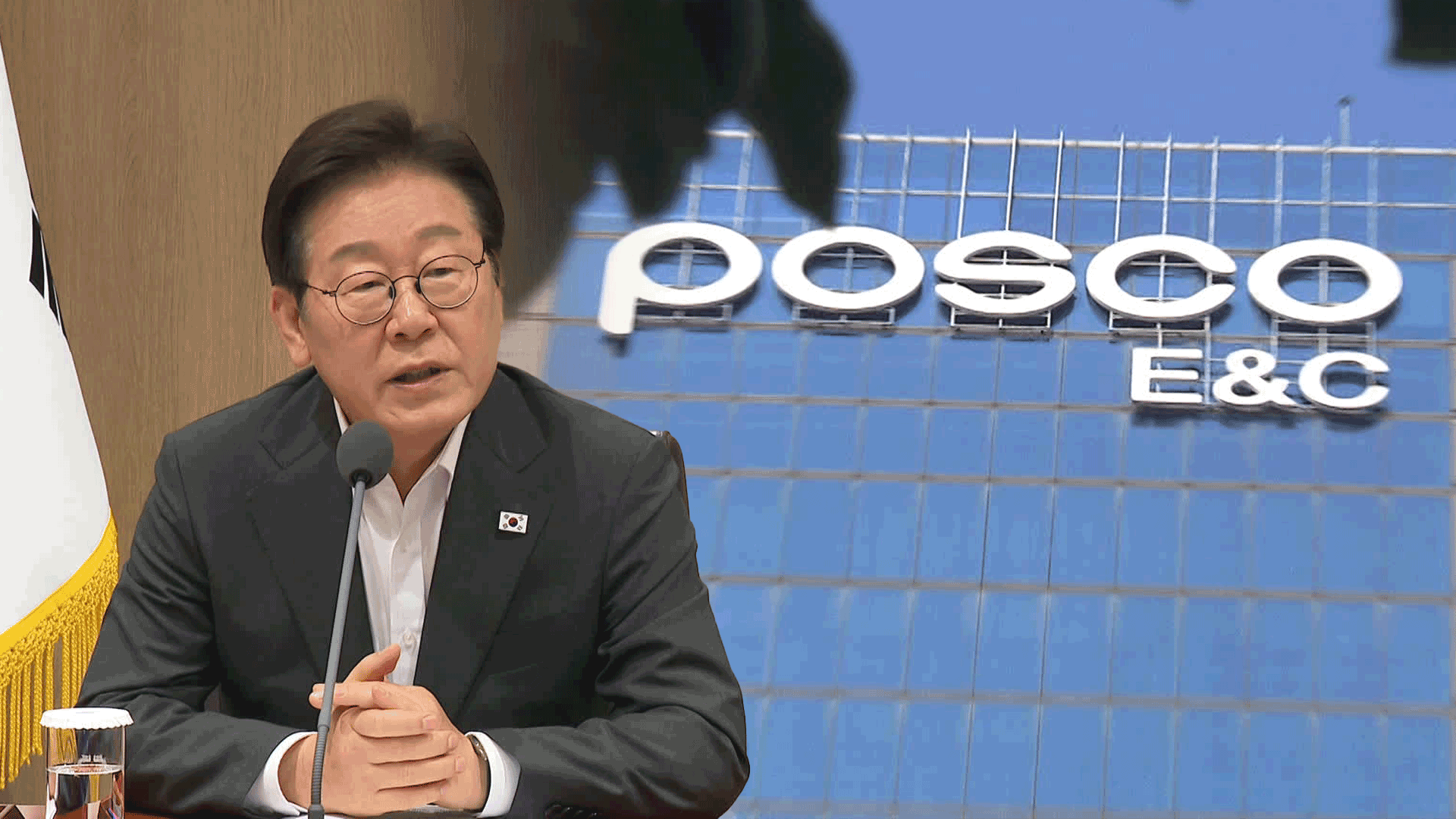Switzerland and Canada race for deal
입력 2025.08.05 (00:26)
읽어주기 기능은 크롬기반의
브라우저에서만 사용하실 수 있습니다.
[Anchor]
Switzerland and Canada are in a perplexing and urgent situation due to the mutual tariff rates imposed by the United States.
They are preparing for additional negotiations to lower the tariff rates, which have actually risen to the mid-30% range.
However, the U.S. response has been cold.
Park Seok-ho reports.
[Report]
Switzerland has been exporting luxury watches and pharmaceuticals in large quantities to the United States.
In negotiations with the U.S., they failed to propose measures to reduce the trade surplus, which led to them falling out of favor with Trump.
[Donald Trump/U.S. President/On the 1st: "I spoke yesterday with Switzerland. We have a $40 billion deficit with Switzerland. That's a big deficit."]
As a result, when the mutual tariff rate rose from the initially notified 31% to 39%, Switzerland hastily indicated a willingness to revise the negotiation plan.
They plan to purchase U.S. LNG and increase investments in the U.S.
[Karin Keller-Sutter/President of Switzerland: "The Swiss Federal Council believes that escalating conflicts with the U.S. is contrary to Swiss interests."]
Canada, where the mutual tariff rate has risen from 25% to 35%, is also in a hurry.
Although the effective tariff rate is lower due to the maintenance of the U.S.-Mexico-Canada Agreement, they are preparing for negotiations at the leadership level considering items not included in the agreement.
However, the U.S. response remains cold.
Even if negotiations take place, there is no possibility of a tariff reduction.
[Jamieson Greer/U.S. Trade Representative/CBS Interview: "These tariff rates are pretty much set. We are seeing truly the contours of the President's tariff plan right now. These rates. "]
There are analyses suggesting that due to tariffs, prices will eventually rise, increasing the burden on U.S. households by about 3.3 million won annually, but the Trump administration argues that this is a partisan analysis and that tariff revenues will lead to tax cuts.
This is KBS News, Park Seok-ho.
Switzerland and Canada are in a perplexing and urgent situation due to the mutual tariff rates imposed by the United States.
They are preparing for additional negotiations to lower the tariff rates, which have actually risen to the mid-30% range.
However, the U.S. response has been cold.
Park Seok-ho reports.
[Report]
Switzerland has been exporting luxury watches and pharmaceuticals in large quantities to the United States.
In negotiations with the U.S., they failed to propose measures to reduce the trade surplus, which led to them falling out of favor with Trump.
[Donald Trump/U.S. President/On the 1st: "I spoke yesterday with Switzerland. We have a $40 billion deficit with Switzerland. That's a big deficit."]
As a result, when the mutual tariff rate rose from the initially notified 31% to 39%, Switzerland hastily indicated a willingness to revise the negotiation plan.
They plan to purchase U.S. LNG and increase investments in the U.S.
[Karin Keller-Sutter/President of Switzerland: "The Swiss Federal Council believes that escalating conflicts with the U.S. is contrary to Swiss interests."]
Canada, where the mutual tariff rate has risen from 25% to 35%, is also in a hurry.
Although the effective tariff rate is lower due to the maintenance of the U.S.-Mexico-Canada Agreement, they are preparing for negotiations at the leadership level considering items not included in the agreement.
However, the U.S. response remains cold.
Even if negotiations take place, there is no possibility of a tariff reduction.
[Jamieson Greer/U.S. Trade Representative/CBS Interview: "These tariff rates are pretty much set. We are seeing truly the contours of the President's tariff plan right now. These rates. "]
There are analyses suggesting that due to tariffs, prices will eventually rise, increasing the burden on U.S. households by about 3.3 million won annually, but the Trump administration argues that this is a partisan analysis and that tariff revenues will lead to tax cuts.
This is KBS News, Park Seok-ho.
■ 제보하기
▷ 카카오톡 : 'KBS제보' 검색, 채널 추가
▷ 전화 : 02-781-1234, 4444
▷ 이메일 : kbs1234@kbs.co.kr
▷ 유튜브, 네이버, 카카오에서도 KBS뉴스를 구독해주세요!
- Switzerland and Canada race for deal
-
- 입력 2025-08-05 00:26:32

[Anchor]
Switzerland and Canada are in a perplexing and urgent situation due to the mutual tariff rates imposed by the United States.
They are preparing for additional negotiations to lower the tariff rates, which have actually risen to the mid-30% range.
However, the U.S. response has been cold.
Park Seok-ho reports.
[Report]
Switzerland has been exporting luxury watches and pharmaceuticals in large quantities to the United States.
In negotiations with the U.S., they failed to propose measures to reduce the trade surplus, which led to them falling out of favor with Trump.
[Donald Trump/U.S. President/On the 1st: "I spoke yesterday with Switzerland. We have a $40 billion deficit with Switzerland. That's a big deficit."]
As a result, when the mutual tariff rate rose from the initially notified 31% to 39%, Switzerland hastily indicated a willingness to revise the negotiation plan.
They plan to purchase U.S. LNG and increase investments in the U.S.
[Karin Keller-Sutter/President of Switzerland: "The Swiss Federal Council believes that escalating conflicts with the U.S. is contrary to Swiss interests."]
Canada, where the mutual tariff rate has risen from 25% to 35%, is also in a hurry.
Although the effective tariff rate is lower due to the maintenance of the U.S.-Mexico-Canada Agreement, they are preparing for negotiations at the leadership level considering items not included in the agreement.
However, the U.S. response remains cold.
Even if negotiations take place, there is no possibility of a tariff reduction.
[Jamieson Greer/U.S. Trade Representative/CBS Interview: "These tariff rates are pretty much set. We are seeing truly the contours of the President's tariff plan right now. These rates. "]
There are analyses suggesting that due to tariffs, prices will eventually rise, increasing the burden on U.S. households by about 3.3 million won annually, but the Trump administration argues that this is a partisan analysis and that tariff revenues will lead to tax cuts.
This is KBS News, Park Seok-ho.
Switzerland and Canada are in a perplexing and urgent situation due to the mutual tariff rates imposed by the United States.
They are preparing for additional negotiations to lower the tariff rates, which have actually risen to the mid-30% range.
However, the U.S. response has been cold.
Park Seok-ho reports.
[Report]
Switzerland has been exporting luxury watches and pharmaceuticals in large quantities to the United States.
In negotiations with the U.S., they failed to propose measures to reduce the trade surplus, which led to them falling out of favor with Trump.
[Donald Trump/U.S. President/On the 1st: "I spoke yesterday with Switzerland. We have a $40 billion deficit with Switzerland. That's a big deficit."]
As a result, when the mutual tariff rate rose from the initially notified 31% to 39%, Switzerland hastily indicated a willingness to revise the negotiation plan.
They plan to purchase U.S. LNG and increase investments in the U.S.
[Karin Keller-Sutter/President of Switzerland: "The Swiss Federal Council believes that escalating conflicts with the U.S. is contrary to Swiss interests."]
Canada, where the mutual tariff rate has risen from 25% to 35%, is also in a hurry.
Although the effective tariff rate is lower due to the maintenance of the U.S.-Mexico-Canada Agreement, they are preparing for negotiations at the leadership level considering items not included in the agreement.
However, the U.S. response remains cold.
Even if negotiations take place, there is no possibility of a tariff reduction.
[Jamieson Greer/U.S. Trade Representative/CBS Interview: "These tariff rates are pretty much set. We are seeing truly the contours of the President's tariff plan right now. These rates. "]
There are analyses suggesting that due to tariffs, prices will eventually rise, increasing the burden on U.S. households by about 3.3 million won annually, but the Trump administration argues that this is a partisan analysis and that tariff revenues will lead to tax cuts.
This is KBS News, Park Seok-ho.
이 기사가 좋으셨다면
-
좋아요
0
-
응원해요
0
-
후속 원해요
0
















이 기사에 대한 의견을 남겨주세요.